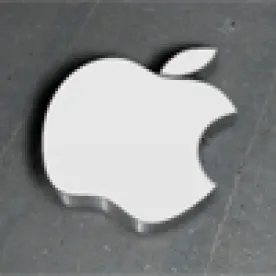Today, in Frlekin v. Apple, Inc., the California Supreme Court held that time spent by non-exempt employees undergoing mandatory bag or other security checks is compensable work time under California law. The decision stands in stark contrast to the U.S. Supreme Court’s 2014 holding in Integrity Staffing Solutions, Inc. v. Busk, as well as prior California cases. Undoubtedly, it will significantly impact retail employers—as well as employers in a variety of other industries.
Frlekin is a putative class action lawsuit challenging Apple’s policy requiring employees to undergo security searches of their bags and any personal effects (e.g., iPhones, etc.) whenever they leave the store for any reason (e.g., rest breaks, meal periods, end of shift). Putative class member employees estimated the searches took between five and 20 minutes regularly, and up to 45 minutes when stores were busy. Nonetheless, the district court granted Apple’s motion for summary judgment, holding that the time spent waiting and undergoing a bag or security check was not compensable, reasoning that, for time to be “hours worked,” it must be time in which the employer restrains the employee’s action and the employee has no plausible way to avoid the activity. Because employees could avoid security checks by not bringing bags or personal effects into work, the trial court determined the activity was primarily for the benefit of the employees. Following an appeal, the Ninth Circuit certified the following question to the California Supreme Court: “Is time spent on the employer’s premises waiting for, and undergoing, required exit searches of packages, bags, or personal technology devices voluntarily brought to work purely for personal convenience by employees compensable as ‘hours worked’ within the meaning of Wage Order 7?”
The Supreme Court noted California’s unique definition of “hours worked,” is comprised of two independent factors: (1) whether the employee is subject to the control of the employer; and (2) whether the employee is suffered or permitted to work. Here, the Court focused on control. The Supreme Court determined that time spent during bag or security checks was time subject to the employer’s control because: (1) Apple made employees find and flag down a security guard to conduct the search and confined employees to the premises during the search; and (2) although the bag search was not “required” because employees could choose not bring a bag, the search was required as a practical matter because employees routinely bring personal belongings to work including their iPhones. The Court referenced Apple’s CEO Tim Cook, who called the iPhone “so integrated and integral to our lives.” The Court also noted that Apple’s employees were subject to discipline if they did not comply with the bag-checking requirement and therefore that the waiting time is compensable.
Because “Apple’s exit searches are required as a practical matter, occur at the workplace, involve a significant degree of control, are imposed primarily for Apple’s benefit, and are enforced through threat of discipline,” the Court held that the plaintiffs “must be paid” for that time.
As a result, employers that conduct bag or similar security checks should review their policies to comply with this high court decision.





 />i
/>i

